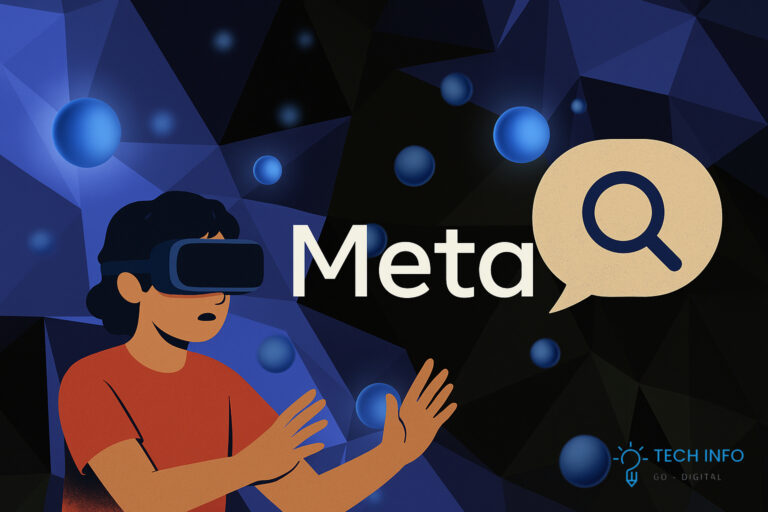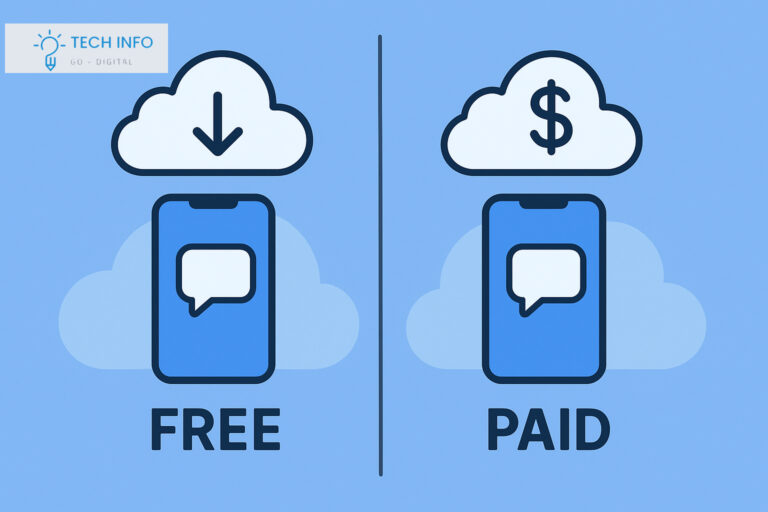Meta Suppressed Children’s Safety Research, Four Whistleblowers Allege
Introduction
In a deeply troubling revelation, four current and former Meta employees have come forward, alleging that the company actively suppressed internal research that highlighted significant safety risks faced by children and teens on its virtual reality (VR) platforms. These claims, backed by internal documents and now under intense public scrutiny, suggest that Meta’s legal team interfered with academic and social research to avoid potential regulatory and reputational fallout
The Heart of the Allegations
Legal Oversight Suppressing Research
Whistleblowers report that following earlier leaks by ex-employee Frances Haugen, Meta’s legal department began reviewing, editing, and in some cases vetoing VR-related youth safety studies outright. Their goal appeared to be mitigating negative findings that could invite regulatory scrutiny or damage Meta’s public image.
The German Incident: A Case of Withheld Evidence
A highlighted case involved researchers interviewing a mother in Germany whose son revealed that his younger brother had been propositioned by an adult via Meta’s VR platform—despite the mother forbidding such interactions. This recording, along with written notes, was allegedly ordered deleted by superiors, leaving no trace in the final report.
Evasive Language and Downplaying Youth Exposure
Internal reports tended to dilute language—preferring terms like “alleged youth” rather than “kids”—and refrained from acknowledging widespread underage use. In some VR environments, up to 80–90% of users reportedly appeared to be minors.
Pressure to Avoid Sensitive Data Collection
Meta lawyers reportedly discouraged research that might capture evidence of child grooming, harassment, or other predatory behaviors. At least one internal memo told researchers to avoid collecting data on children altogether, citing regulatory concerns.
Why It Matters
Youth Risk in Unregulated Virtual Spaces
With VR platforms like Horizon Worlds becoming more accessible, these revelations reveal a dangerous gap between Meta’s public stance on safety and internal realities. Children under 13 are reaching these environments where they face potential exposure to sexual predation and harassment.
Erosion of Trust in Research Integrity
By suppressing and sanitizing internal findings, Meta may have compromised the scientific and ethical integrity of its research efforts. Instead of proactively mitigating youth risks, the company appears to prioritize damage control and plausible deniability.
Increasing Regulatory Backlash
A Senate Judiciary Committee hearing titled “Hidden Harms” has now been scheduled in response to these whistleblower reports. This adds to mounting regulatory scrutiny, including existing FTC inquiries and legal obligations under age-protection standards like COPPA.
Broader Context: Other Safety Concerns
Horizon Worlds and COPPA Violations
Previously, whistleblower and former Horizon Worlds marketer Kelly Stonelake supported an FTC complaint alleging that Meta knowingly allowed children under 13 to access VR spaces via adult accounts—violating COPPA. Investigations found that even after implementing “child accounts” in late 2024, as much as 42% of users in some VR experiences were still minors
Historical Internal Warnings Ignored
Even before these VR allegations, internal documents revealed that Meta was aware of severe child safety concerns across its platforms. A 2020 presentation noted efforts to become “the primary kid messaging app in the U.S. by 2022,” despite widespread sexual harassment of minors on Messenger and Instagram.
Metadata from lawsuits unsealed in early 2024 indicate Meta downplayed risks of adult-minor contacts, failed to prioritize child protection, and even blocked safety feature rollouts for strategic growth reasons.
Whistleblower Testimonies and External Advocacy
Whistleblower Arturo Béjar, serving previously as an engineer and consultant, testified before a Senate committee that Meta ignored urgent concerns about child safety, including dismissal of his reports about underage harassment and self-harm content on Instagram. Meta’s internal tools and interventions, he said, were largely inadequate
Voices of Concern
Even external investigations and advocacy groups like Fairplay have amplified warnings. Their research observed that community moderators in Horizon Worlds often encountered underage users and failed to act, even when they could legally escalate concerns to safety teams
What’s Next?
- Congressional Oversight: The upcoming Senate hearing could lead to strengthened regulations or investigations into Meta’s handling of youth safety in emerging technologies.
- Legal Consequences: If companies knowingly suppress safety data or facilitate COPPA violations, they may face enforcement actions from the FTC or other agencies.
- Public Accountability: Trust in Meta is fraying. Public revelations like these may push the company toward greater transparency, especially in its ethical research practices and global age-verification protocols.
- Safer Design Expectations: Virtual spaces must now be built with child-safety at the architectural level—through rigorous age checks, default protections, and proactive abuse detection mechanisms.
Conclusion
These whistleblower claims reveal a dangerous pattern: Meta’s internal research raises alarm after alarm about risks to children, but instead of addressing the issues, the company allegedly suppresses or sanitizes those findings. From deleted testimony to legal oversight of research, the efforts seem aimed at protecting corporate image rather than protecting young users.
As VR and metaverse technologies become central to digital life, especially for younger audiences, tech companies have a duty to place child safety above growth metrics. If policymakers, researchers, and the public demand accountability, Meta—and the entire tech industry—must re-evaluate their priorities to ensure “Hidden Harms” aren’t hidden any longer.





